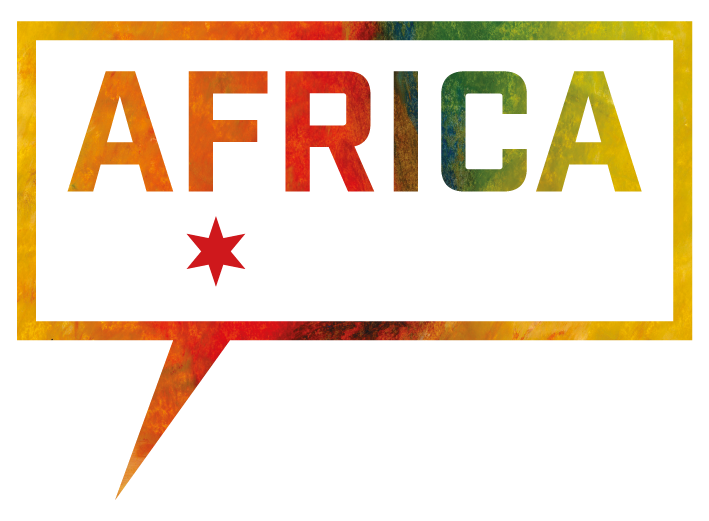In contexts like French, Portuguese, and Arabic-speaking Africa, the shortage of evangelical Christian literature, in any form, continues to cause severe famine. The evangelical Christian population is generally small, which means the market is narrow. Since mainstream Christianity is English-speaking, these communities cannot enjoy the wealth of resources available in English-speaking countries. Furthermore, raising financial capital locally is a challenge. In the West, when you have a good project, you can get a bank to back you. But in Africa, it doesn’t usually work that way.
The players in the industry, therefore, need to be intentional about helping the industry to blossom and flourish. Daniel Bourdanné, in his keynote speech at the Africa Speaks consultation shared the following as the clear and visible signs that the time is right to work to help Africa’s Christian publishing industry blossom;
The extraordinary numeric growth of Christianity in Africa. Africa’s Christian demographic growth is picking up momentum. Christianity’s centre of gravity has shifted. There is a need to publish, popularize, and water Christian Africa with high-quality biblical thought. We must prevent a famine of Christian books from taking root in Africa.
Missions are now polycentric, working on all fronts. African biblical thought must be shared, lavishly displayed before the world as Africa’s contribution to God’s mission worldwide. If meaningful theology is the kind that is developed where the majority of Christians are found, then the Christian publishing industry needs to prosper in order to support the spread of African biblical thought.
Technological progress, the vibrant creativity of Africa’s youth offers potential for the viability of the publishing industry: The Internet, optical fibres which are currently circling Africa, the availability of money transfer services, cloud technology that allows text exchanges, print on demand technology, virtual currencies, and new global partnership opportunities.
A growing trend of entrepreneurship among youths. This spirit of entrepreneurship means the publishing industry could be regarded as a genuinely conducive birthplace for profitable businesses, where writers can reap great rewards from their work and where financial actors can risk venture capital. Educators will see the need to invest in publishing-related training because it would be lucrative for them. And even though it may not yield immediate profits, partners will see the need for strategic investments and take a chance by investing part of their profits with a view to medium and long-term profitability.
Africa’s burgeoning population. In the near future, Africa’s population will reach one billion. A growing number of people can read. A potential market will materialize.
An increasingly holistic approach to Christian publishing. There is increasing awareness of the need to avoid ghettoizing Christian publishing. There is a need to explore non-Christian market penetration. The Gospel is not meant only for Christians. Such an understanding of publishing would extend the market’s exposure beyond Christian circles.
Despite these clear signs, the task of developing the Christian publishing industry is viewed by many as a battle of the Israelites against the giant Goliath; a hopeless endeavour.Despite these clear signs, the task of developing the Christian publishing industry is viewed by many as a battle of the Israelites against the giant Goliath; a hopeless endeavour. It is precisely this Old Testament passage, and the victory God enabled David to achieve – through a change in viewpoint and in perspective – that should inspire hope that Africa’s book industry can be developed.
Find out how you can be part of the Africa Speaks Community: An international network of professionals committed to a flourishing Christian publishing industry in Africa.
